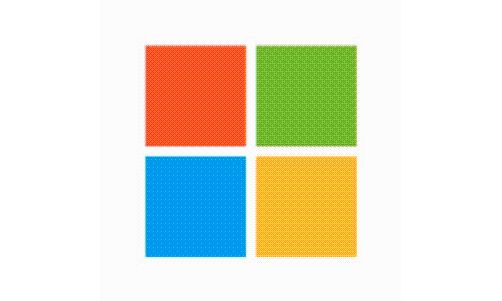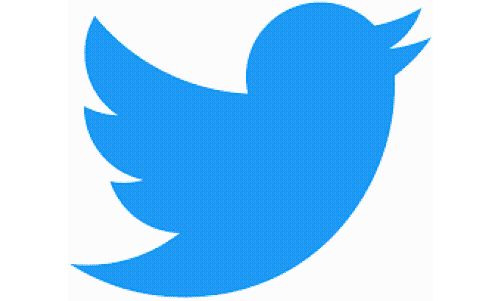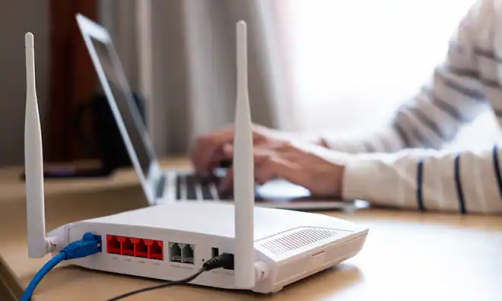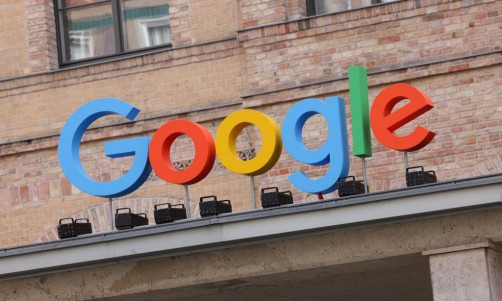The Nintendo Switch and 3DS emulator platform, Yuzu, has agreed to pay $2.4 million to settle the gaming giant's copyright lawsuit.
In a court document released on Monday, Nintendo and Tropic Haze, Yuzu's parent company, have agreed to pay the settlement as well as surrender its domain name, yuzu-emu.org.
This is in addition to the emulator giving up control of its operations to Nintendo which may "circumvent" the Japanese game maker's copyright protections.
Among these are the online promotion of the emulator, surrendering "all circumvention tools" used to develop Yuzu, any "physical circumvention devices," and "modified Nintendo hardware."
Most notably, Tropic Haze admitted that its emulator was "primarily designed to circumvent and play Nintendo Switch games."
The settlement agreement is currently waiting for a judge's approval.
The agreement follows just a week after Nintendo filed a lawsuit against Yuzu for "facilitating piracy at a colossal scale" after Yuzu put up its emulated games on Patreon, a subscription-based platform.
Nintendo Continues to Crack Down on Emulators, Modders
Despite the demands, the lawsuit against Yuzu was not the biggest legal action the gaming giant has deployed over the past 12 months.
Nintendo has been known in the gaming industry for rolling out big lawsuits against emulators and modders using its licensed characters immediately.
Just last year, Switch hacker Gary Bowser was required to pay Nintendo 25% to 30% of his income for his whole life. Bowser owed Nintendo a total of $14.5 million in damages.
There is also the cease-and-desist order dropped to the modder who replaced characters in Palworld with Pokémons, one of Nintendo's biggest properties.
Also Read: Nintendo Couldn't Get Palworld Devs, Goes for Pokémon Modder Instead
Emulators Remain an Important Part of Gaming Communities
Despite Nintendo's legal threats, emulators as it they are do not necessarily breach copyright laws.
Emulating games remains a well-regarded act in most parts of gaming communities as a way to preserve games for free.
In some cases, emulators provide a platform for new developers to try to create their own games, often basing it on bigger IPs' assets and narratives.
This is more common in Nintendo's franchises like Pokémon and Legend of Zelda, ending with the developers receiving warnings of legal actions if they do not remove the game.
Related Article: Fans Express Concerns With Nintendo's New Tournament Guidelines













